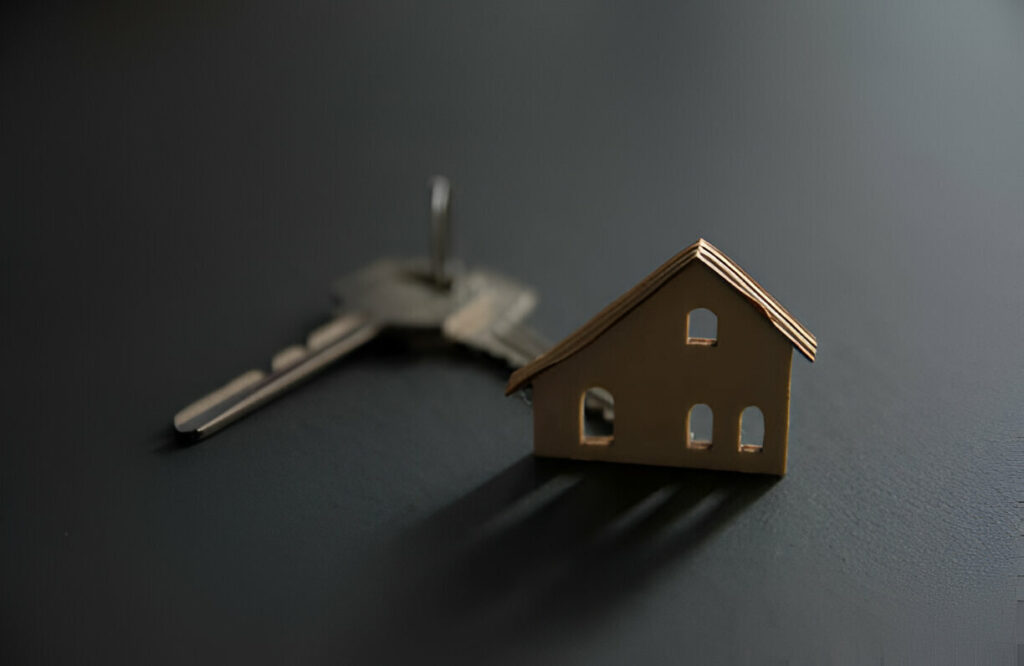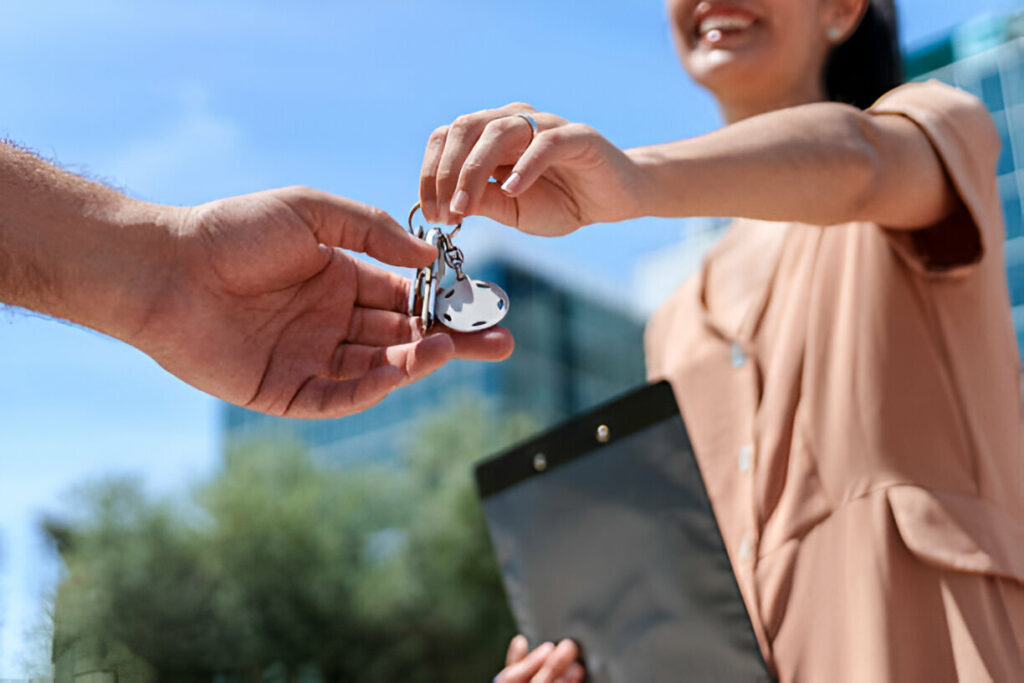Are you considering purchasing property in Spain? Finding the best place to buy property in Spain or a prime area for property investment can be rewarding. Whether you’re searching for cheap flats to buy or seeking guidance on how to buy a property in Spain, navigating the real estate market requires strategic insight.
This guide explores the top locations and best areas in Spain to buy property, offering insights into investment opportunities and the practical steps in acquiring your ideal property. Discover where to invest and how to make the most of your property purchase in Spain.
Best Place to Buy Property in Spain: A Comprehensive Guide
Villas often represent a significant investment opportunity when buying property in Spain. Here’s what you need to know about making villa investments:

Critical Considerations for Villa Investments
Investing in a villa in Spain involves several important considerations:
- Location Suitability: One of the first steps is to assess whether the location aligns with your lifestyle preferences and investment goals. Consider factors such as proximity to amenities (like schools, healthcare, and shopping), accessibility (transport links and airports), and the overall atmosphere of the area (urban, suburban, or rural).
- Property Type: Villas in Spain come in various types, each catering to different preferences. Coastal villas are famous for their proximity to beaches and scenic views, while rural estates offer tranquility and privacy. Understanding the available types helps narrowour choices based on your lifestyle and investment strategy.
- Market Trends: It is crucial to keep abreast of real estate trends. Look into current market conditions in your chosen area, including property prices, demand trends, and future growth prospects. This information helps you make an informed decision and understand the potential return on investment.
- Legal and Financial Aspects: Buying property in Spain involves navigating local regulations, taxes, and financing options, especially for non-residents. Understanding the legal framework, tax implications (such as property taxes and income tax on rental income), and available financing options (mortgages and currency exchange considerations) is essential for a smooth transaction.
Top Locations for Villa Purchases
Spain offers a diverse range of locations for villa purchases, each with a unique appeal:
- Costa del Sol: Located in southern Spain, Costa del Sol is renowned for its luxurious resorts, Mediterranean climate, and beautiful beaches. It’s ideal for those seeking beachfront villas with access to leisure amenities and vibrant nightlife.
- Barcelona: As a cosmopolitan city, Barcelona offers a blend of city amenities and cultural richness. Urban villas here provide proximity to historical sites, international schools, and bustling city life, appealing to both residents and investors.
- Balearic Islands: The Balearic Islands, which include popular destinations like Mallorca and Ibiza, are known for their stunning natural beauty, upscale properties, and vibrant nightlife scenes. Villas here offer panoramic sea views and exclusive lifestyles.
- Costa Brava: Stretching along the northeastern coast of Spain, Costa Brava boasts a picturesque coastline dotted with secluded coves and charming coastal towns. Villas here provide a serene retreat amidst nature, attracting those seeking privacy and natural beauty.
- Madrid Surroundings: The outskirts of Madrid offer suburban villas that provide a quieter lifestyle while still being close to the capital’s amenities. This area appeals to families, professionals, and commuters looking for spacious homes with easy access to Madrid.
Choosing the best location for buying a villa in Spain depends on various factors such as your lifestyle preferences, investment strategy (whether for personal use or rental income), and budget. Thorough research into each area’s characteristics, market conditions, and legal aspects ensures you make a well-informed decision that aligns with your goals.
Where to Buy Property in Spain: Essential Tips
When contemplating purchasing property in Spain, it’s essential to consider several critical factors before making a decision:

Factors to Consider Before Buying
- Location Suitability: Assess whether the location aligns with your lifestyle and long-term goals. Consider proximity to amenities (schools, healthcare, shopping), accessibility (transport links, airports), and the overall atmosphere (urban, suburban, rural).
- Property Type: Decide on the type of property that best suits your needs and investment strategy. Options range from apartments in city centers to villas on the coast or rural estates. Each type offers different advantages in terms of lifestyle and potential rental income.
- Market Trends: Stay informed about the local real estate market. Research current property prices, trends in demand, and future growth prospects. Understanding market dynamics helps make a sound investment decision and estimate potential returns.
- Legal and Financial Considerations: Understand the legal framework for property ownership in Spain, including regulations for foreign buyers, property taxes, and fees associated with property transactions. Seek advice from legal and financial professionals to navigate these aspects smoothly.
- Residency and Visa Requirements: If you plan to reside in Spain for the long term, familiarize yourself with residency and visa requirements. Spain offers various visa options for property investors, retirees, and entrepreneurs, each with specific criteria and benefits.
Finding Your Ideal Property Location
Once you’ve considered these factors, explore various locations in Spain that align with your preferences:
- Coastal Regions: Popular coastal areas like Costa del Sol, Costa Brava, and the Balearic Islands offer beachfront properties with Mediterranean views and access to leisure activities.
- Urban Centers: Cities like Barcelona, Madrid, and Valencia provide vibrant cultural scenes, historical attractions, and excellent amenities. Urban properties in these cities offer convenience and potential for rental income.
- Rural Retreats: Inland regions and countryside areas offer tranquility, natural beauty, and more significant properties at more affordable prices compared to urban or coastal locations. These areas appeal to those seeking a quieter lifestyle or agricultural opportunities.
- Investment Hotspots: Research emerging or established investment hotspots where property values are expected to appreciate. These areas often benefit from infrastructure development, tourism growth, or proximity to major economic centers.
Choosing the right location involves balancing personal preferences, investment objectives, and practical considerations. Conduct thorough research, visit potential locations, and seek advice from local real estate agents to make an informed decision when buying property in Spain.
How Do I Buy a Property in Spain?
Buying property in Spain involves navigating through a structured process that includes legal and financial considerations. Here’s a step-by-step guide to help you understand the process:

Step-by-Step Guide to Purchasing Property
- Define Your Budget and Research: Determine your budget and research property prices in your desired location. Consider additional costs such as property taxes, notary, and legal fees.
- Engage a Real Estate Agent: Hire a reputable real estate agent who specializes in the area where you want to buy. They can provide listings, arrange property viewings, and negotiate on your behalf.
- View Properties: Visit properties that match your criteria. Inspect the condition, location, amenities, and legal status (ownership, permits, etc.).
- Make an Offer: Once you find a suitable property, make a formal offer through your agent. Negotiate the price and terms of sale with the seller.
- Reserve Agreement: Sign a reservation agreement and pay a deposit (typically 5-10% of the purchase price). This legally binds the seller to sell the property to you.
- Due Diligence: Conduct due diligence with the help of a lawyer. Verify property ownership, debts, and permits, and ensure all taxes are paid up to date.
- Sign the Purchase Contract: Once you are satisfied with your due diligence, sign the purchase contract (Contrato de Compraventa) prepared by a notary or your lawyer. This contract outlines the terms, payment schedule, and completion date.
- Obtain Financing (if needed): If you require a mortgage, secure financing from a Spanish bank or lender. Provide necessary documents such as income statements, proof of employment, and identification.
- Finalize the Sale: On the completion date specified in the purchase contract, sign the Escritura de Compraventa (deed of sale) before a notary public. Pay the remaining balance and taxes.
- Register the Property: Register the property in your name at the Land Registry (Registro de la Propiedad). Obtain a copy of the deed once registered.
Legal and Financial Requirements
- Legal Representation: Hire a qualified lawyer (abogado) specializing in Spanish real estate law. They will handle legal aspects such as due diligence, contract review, and registration.
- Taxes and Fees: Budget for various taxes and fees, including Transfer Tax (ITP or IVA), Notary and Land Registry, and legal fees. Non-residents may have additional tax obligations.
- Currency Exchange: When transferring funds from another country, consider currency exchange rates. Use a reputable currency exchange provider to minimize costs.
- Residency and Visas: If you plan to reside in Spain, explore residency options available for property investors, retirees, and entrepreneurs.
Cheap Flats to Buy in Spain: Affordable Options
Finding budget-friendly flats to buy in Spain can be a strategic investment. Here’s a guide to exploring affordable options and effective strategies:

Budget-Friendly Property Markets
Spain offers several regions known for affordable property markets:
- Costa Blanca: Known for its sunny climate and beautiful beaches, Costa Blanca, including cities like Alicante and Torrevieja, offers affordable flats ideal for holiday homes or rental investments.
- Interior Regions: Inland regions such as Extremadura and Castilla-La Mancha offer lower property prices than coastal areas. These areas provide tranquil living environments and the potential for property value appreciation.
- Northern Spain: Cities like Bilbao and Santander in northern Spain offer affordable flats with access to cultural amenities, beautiful landscapes, and a lower cost of living than southern regions.
- Small Towns and Villages: Explore smaller towns and villages across Spain, where property prices are generally lower than significant cities. These areas offer a more traditional Spanish lifestyle and a close-knit community atmosphere.
Strategies for Finding Affordable Flats
- Research Extensively: Use online property portals, local real estate agents, and networking to research available flats in your budget. Compare prices, locations, and property features.
- Consider Resale Properties: Resale flats may offer better value for money compared to new developments. Look for properties needing renovation, which can be purchased at a lower price and renovated according to your preferences.
- Explore Foreclosure Auctions: Attend foreclosure auctions (subasta) where properties are sold below market value. Engage a legal expert to assist with due diligence and bidding processes.
- Negotiate with Sellers: Don’t hesitate to negotiate with sellers, especially if the property has been on the market for a while. Offer below the asking price and negotiate favorable terms such as payment schedule or inclusion of furniture.
- Consider Off-Peak Areas: Look for flats slightly away from tourist hotspots or major cities. These locations may offer lower property prices while providing access to essential amenities and transport links.
- Consult Local Experts: Seek advice from local real estate agents, lawyers, and financial advisors specializing in the Spanish property market. They can provide insights into market trends, legal considerations, and potential investment opportunities.
By employing these strategies and exploring diverse property markets in Spain, you can find affordable flats that align with your budget and investment goals. Conduct thorough research and seek professional guidance to make a well-informed decision.
Looking to invest in property in Spain? Marfour offers valuable insights into the best locations for buying property across the country. Whether you’re drawn to the cosmopolitan charm of Barcelona, the cultural richness of Madrid, or the coastal tranquility of Valencia, Marfour provides detailed guidance on real estate options. With their expertise, navigating the Spanish property market becomes straightforward, ensuring you find the perfect place to call home or make a lucrative investment.
FAQs
Finding affordable flats in Spain requires strategic planning and research. Here’s a comprehensive guide to help you navigate the process:
What are some additional costs associated with buying a flat in Spain?
In addition to the purchase price, buyers should budget for taxes (such as Transfer Tax or VAT), notary fees, registry fees, and legal fees. These costs vary depending on the property price and location.
Can non-residents buy property in Spain?
Yes, non-residents can buy property in Spain. They must obtain a Foreigner’s Identification Number (NIE), open a Spanish bank account, and fulfill tax obligations related to property ownership.
Are there financing options available for buying property in Spain?
Yes, Spanish banks offer mortgages to residents and non-residents for property purchases. To qualify, buyers should provide proof of income, employment, and a solid credit history.
What are the benefits of buying a flat in a smaller town or village in Spain?
Smaller towns and villages often offer lower property prices, a relaxed lifestyle, and a close-knit community atmosphere. These areas can be ideal for buyers seeking tranquility and authenticity.
Conclusion
Investing in cheap flats in Spain presents affordable property ownership or rental income opportunities. Buyers can find flats that meet their financial and lifestyle goals by researching budget-friendly markets, exploring strategic purchasing options, and leveraging local expertise.
Whether you’re looking for a holiday home, rental investment, or permanent residence, Spain’s diverse property market offers options for various preferences and budgets.

